Sergei Bubka's Millennium Games
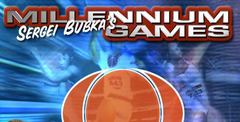
| a game by | Dinamic Multimedia, S.A. |
| Platform: | PC (2000) |
| User Rating: | 8.0/10 - 2 votes |
| Rate this game: | |
| See also: | Olympic Games |
With Euro 2000 dominating the sporting headlines recently, you may be surprised to hear that the Olympic games will soon be upon us. Attempting to cash in on this worldwide spectacle, a host of track and field-based games are under starters orders, with the eventual medal winners yet to be decided. Having opted to spend the majority of their budget writing the game rather than snapping up the official Olympic licence, developer Midas has called upon legendary Russian pole-vaulter Sergei Bubka to endorse this eventladen package.
Unfortunately, the potential variety offered by the 19 events (all track and field - there are no diving or weightlifting comps here) is nullified by the fact that the disciplines within each of the four categories (sprints, long distance running, throwing and jumping) share identical control mechanics. This soon induces a sense of monotonous repetition, with proceedings being reduced to just four distinct styles of gameplay. Anyone the wrong side of age 25 will recall the traditional button-bashing method of progress relied upon throughout: continued rapid tapping of two keys provides momentum, while a dedicated action button determines the timing of jumps and trajectory of throws.
Men And Mice
Perhaps recognising the wear-and-tear potential of this method, an alternative has thoughtfully been included. Making clever use of the mouse, it's a modified version of the mechanics employed In many golf games. Here, a circle is placed on the floor below the player, with a 'sweet spot' occupying a third of it. With some rhythmic tapping of the mouse button - timed to coincide with the presence of a marker as it speeds through the 'sweet spot' - it's possible to build up speed. In use, this method proves somewhat problematic. Admittedly it's less frantic than belting the keyboard, and it does allow easier retention of full power once achieved. However, it takes longer to 'peak' and the resulting delay puts most world records tantalisingly out of reach. Also, because heavy emphasis is placed on monitoring the circle, it's far too easy to neglect the action button, resulting in repeated failure to qualify.
Going For Gold
These frustrations are compounded by ropey animation throughout, a tutorial that is only relevant to mouse users, suspect AI within certain events (it's nearly as quick running through the 110m hurdles as it is jumping over them) and the desolate qualifying mode which dumps you in 3rd rate arenas -devoid of decent crowds and fellow competitors - while you attempt to attain Olympic standard. As rough as it is around the edges, matters do improve somewhat with progress - having qualified for competitive events, the sporting arenas expand in scope and visual appeal, while the crowds swell in number and volume. Additionally, there's a cracking split-screen two-player mode that conclusively proves you can't beat head-to-head gaming of this type (if playing alone, the CPU opponents provide fearsome competition in their relentless pursuit of gold).
A comprehensive replay system allows medal-winning performances to be saved for posterity and the additional practice and training modes add a degree of longevity. Ultimately though, it's the multiplayer mayhem (especially against human foe) that saves the day. So, while it's clear that Midas hasn't got the most polished or diverse of games, the fact that it looks set to be first out of the blocks - with multiplayer LAN support too - could mean that, instead of failing to qualify, it might well be in the hunt for a medal.
Download Sergei Bubka's Millennium Games

System requirements:
- PC compatible
- Operating systems: Windows 10/Windows 8/Windows 7/2000/Vista/WinXP
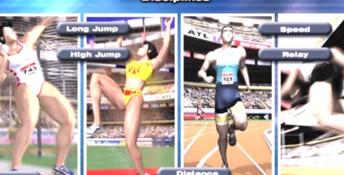
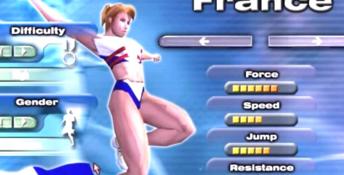
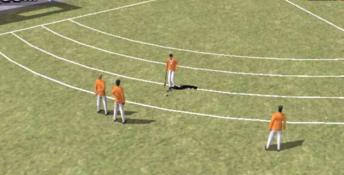
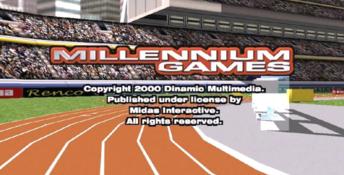
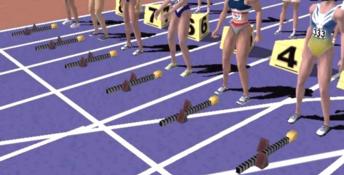
 Championship Manager 2010
Championship Manager 2010
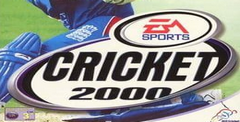 Cricket 2000
Cricket 2000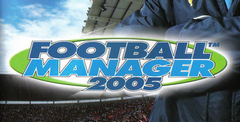 Football Manager 2005
Football Manager 2005 International Cricket
International Cricket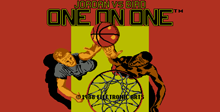 Jordan vs Bird: One on One
Jordan vs Bird: One on One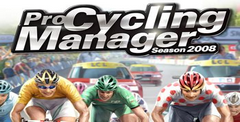 Pro Cycling Manager 2008
Pro Cycling Manager 2008 Pro Cycling Manager: Season 2010
Pro Cycling Manager: Season 2010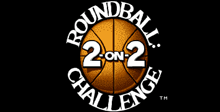 Roundball: 2 on 2 Challenge
Roundball: 2 on 2 Challenge
 Tiger Woods PGA Tour 06
Tiger Woods PGA Tour 06
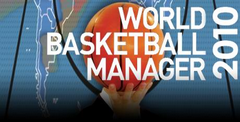 World Basketball Manager 2010
World Basketball Manager 2010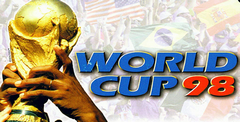 World Cup 98
World Cup 98